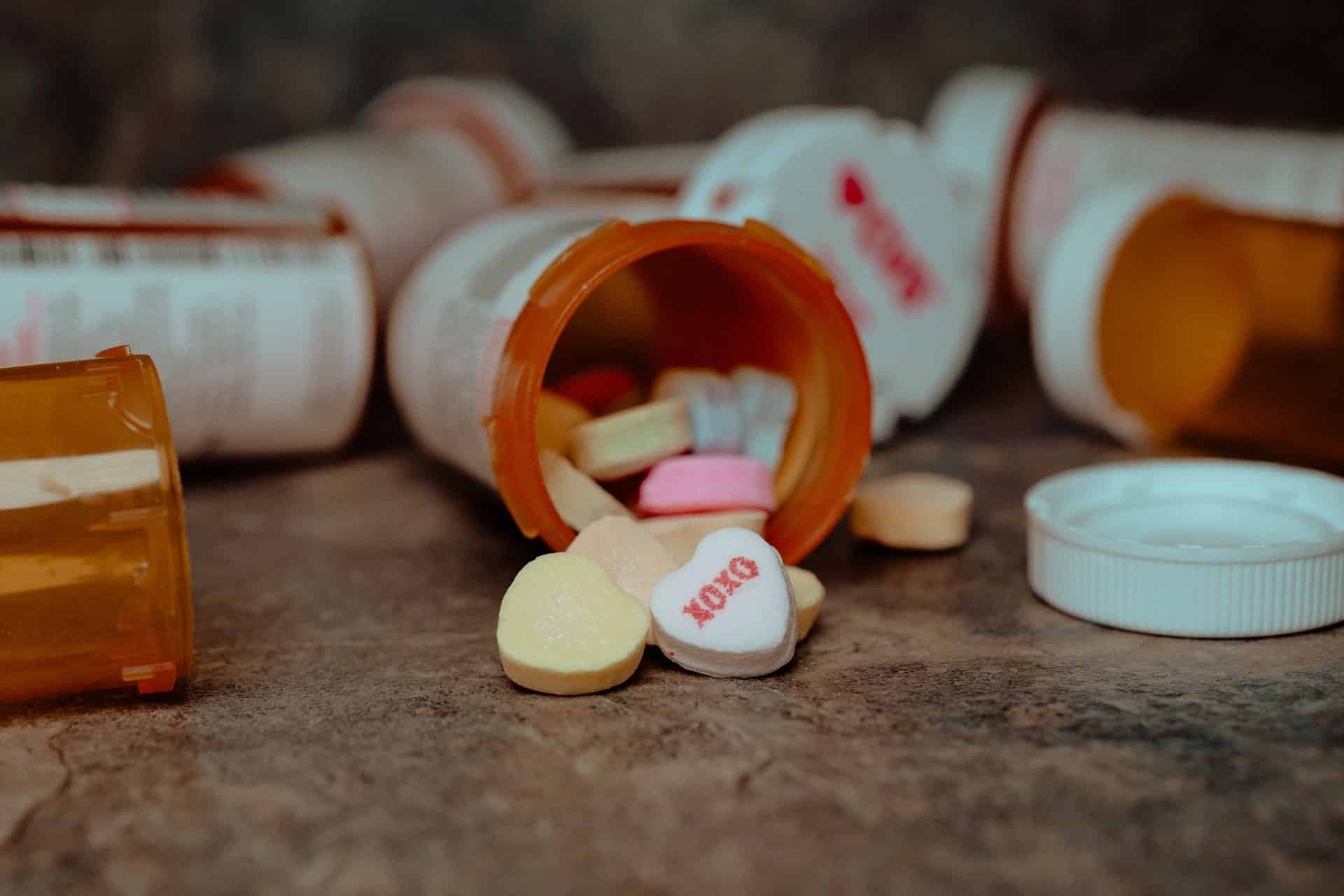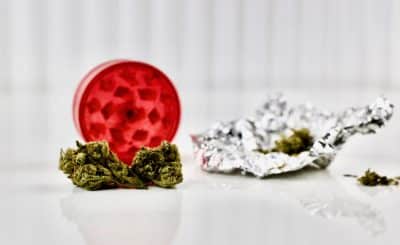Are you curious about the secret ingredients that make up the notorious party drug, MDMA? Well, let’s break it down in a language we can all understand.
Ecstasy, or MDMA as it is formally known, is a synthetic substance that has the power to alter one’s mood and perception. Often associated with the lively party culture, users seek the drug for its euphoric and empathetic effects. However, ecstasy has the potential to lead to addiction, as well as a myriad of both physical and mental health complications.
MDMA is composed of a cocktail of chemicals that work together to deliver its infamous effects. The resulting drug is a powder or pill that can be taken orally, is highly addictive, and can have long-lasting effects on the brain and body. Below are the drug’s chemical components.
So, let’s dive in and decipher the mystery behind the drug’s chemical components.
MDMA
First, there’s the main ingredient, MDMA, the star of the show. This little compound is responsible for triggering the release of serotonin, the happy hormone that makes you feel all warm and fuzzy inside. The result? Euphoria, empathy, and an urge to hug just about anyone. But that’s not all, folks. We’ve got MDA, the wildcard of the bunch.
MDA
Similar in structure to MDMA, MDA, or 3,4-methylenedioxyamphetamine, is a chemical that has more of a stimulating effect on the brain, so you might feel like running a marathon or dancing the night away. MDA is often found in ecstasy pills alongside MDMA.
Caffeine
Then there’s caffeine, the over-achieving ingredient that’s always trying to one-up the others. It’s added to some ecstasy pills to intensify the effects of MDMA, but beware, it can also cause jitters, anxiety, and heart palpitations.
Methamphetamine
Methamphetamine, or meth for short, is sometimes added to ecstasy pills to give users an extra kick. However, it’s highly addictive and can cause some serious health problems.
Ketamine
The oddball of the group, this dissociative drug can produce hallucinations and a sense of detachment from reality. It’s not always found in ecstasy pills, but when it is, it can take you on a wild and trippy ride.
Methylone
Last but not least, there’s methylone, the newbie on the block. This synthetic compound is chemically similar to MDMA, but its effects are often more intense and shorter-lasting.
Continued Use Of MDMA

Continued ecstasy use can lead to a range of negative effects, including depression, anxiety, memory loss, and physical health problems like cardiovascular issues and seizures. Additionally, ecstasy addiction can lead to social and legal problems, damaging relationships and leading to criminal charges. Overall, ecstasy addiction is a serious condition that requires professional treatment to overcome.
Treatment
Fortunately, there is hope for those struggling with ecstasy addiction through effective treatment programs like those offered at DARA Rehab Thailand. Treatment typically begins with a medically supervised detoxification process to rid the body of the drug and manage withdrawal symptoms.
After detox, clients participate in individual and group therapy sessions to address the root causes of addiction and develop coping strategies for long-term recovery. A luxury rehab center offers evidence-based therapies and holistic treatments to help clients address the physical and psychological aspects of addiction. These treatments may include cognitive-behavioral therapy, eye movement desensitization and reprocessing, yoga, meditation, acupuncture, and massage therapy.
A luxury rehab center offers clients a serene and supportive environment to focus on their recovery. The center features private villas with luxury amenities and a range of facilities, including a swimming pool, fitness center, and restaurant serving healthy and delicious meals.
In addition to evidence-based therapies, the center also offers aftercare services to support clients after they complete their program. Aftercare may include ongoing therapy, support group meetings, and relapse prevention strategies.
Ecstasy addiction can be a challenging condition to overcome due to its powerful effects on the brain. Users may experience withdrawal symptoms such as depression, anxiety, and irritability, making it difficult to quit on their own. Professional ecstasy treatment is necessary to address the physical and psychological aspects of addiction.
If you or someone you know is struggling with ecstasy addiction, consider reaching out to a luxury rehab center for help. Their experienced professionals can provide the tools and support necessary for successful recovery. With the right treatment, it is possible to overcome ecstasy addiction and live a fulfilling and healthy life.








